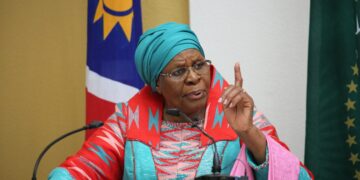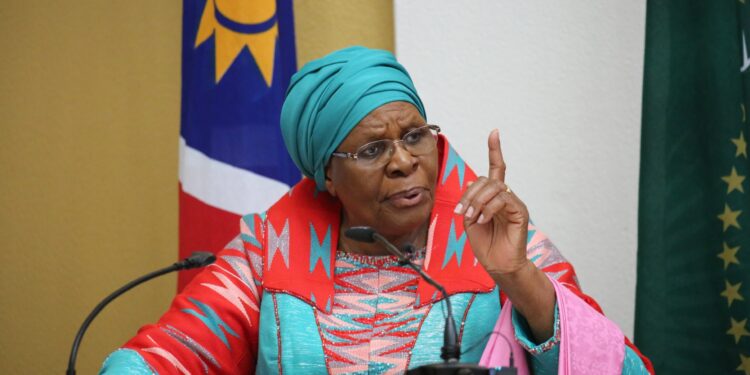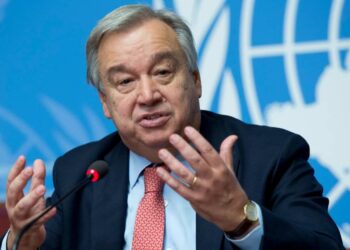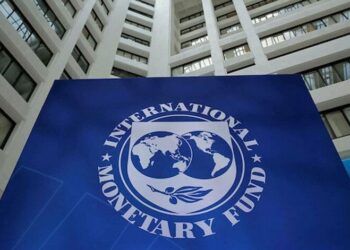By Enyichukwu Enemanna
University fees in Namibia will be scrapped with effect from 2026, the country’s President, Netumbo Nandi-Ndaitwah, said on Wednesday. The project will be implemented in government-owned universities and technical colleges.
Students will pay “no registration or tuition fees” at all public universities and technical colleges, the country’s first female President declared during her maiden State of the Nation address on Thursday.
She, however, stated that there would not be “significant” extra funding, a development that has cast doubts on the feasibility of the scheme.
Nandi-Ndaitwah said free university education would be phased in gradually and that the only “contribution as families and students for now will be towards accommodation and other related costs”.
“We have heard your cries: ‘the Fees have Fallen’,” she said, referencing previous demands by university students in Namibia, as well as in neighbouring South Africa.
She said the money would come from subsidies already given to some of the country’s public universities and the funds allocated to the student financial assistance programme.
“If we are going to add, we are not going to add a significant [amount of funds],” she said.
Primary and secondary education is already free in all the country’s public schools.
While some student organisations welcomed Nandi-Ndaitwah’s announcement, others have criticised it as unfeasible and vague.
One of them, the Affirmative Repositioning Student Command (ARSC), described it as an attention-seeking ploy by the Namibian government.
“There is no plan, it is just a confused announcement which raises the question of what the President means by tertiary education,” the BBC quoted the organisation as saying.
An economist, Tannen Groenewald, also expressed concern over the project, suggesting that scrapping fees without providing extra funding could lead to student numbers being capped.
He speculated that it may eventually apply to only a few students, especially those from low-income households, similar to what happened in neighbouring South Africa, where a comparable project was introduced and later scaled back.
The South African government had, in 2017, bowed to calls for tertiary education fees to be scrapped during the #FeesMustFall protests, but only a limited number of students benefited.




































